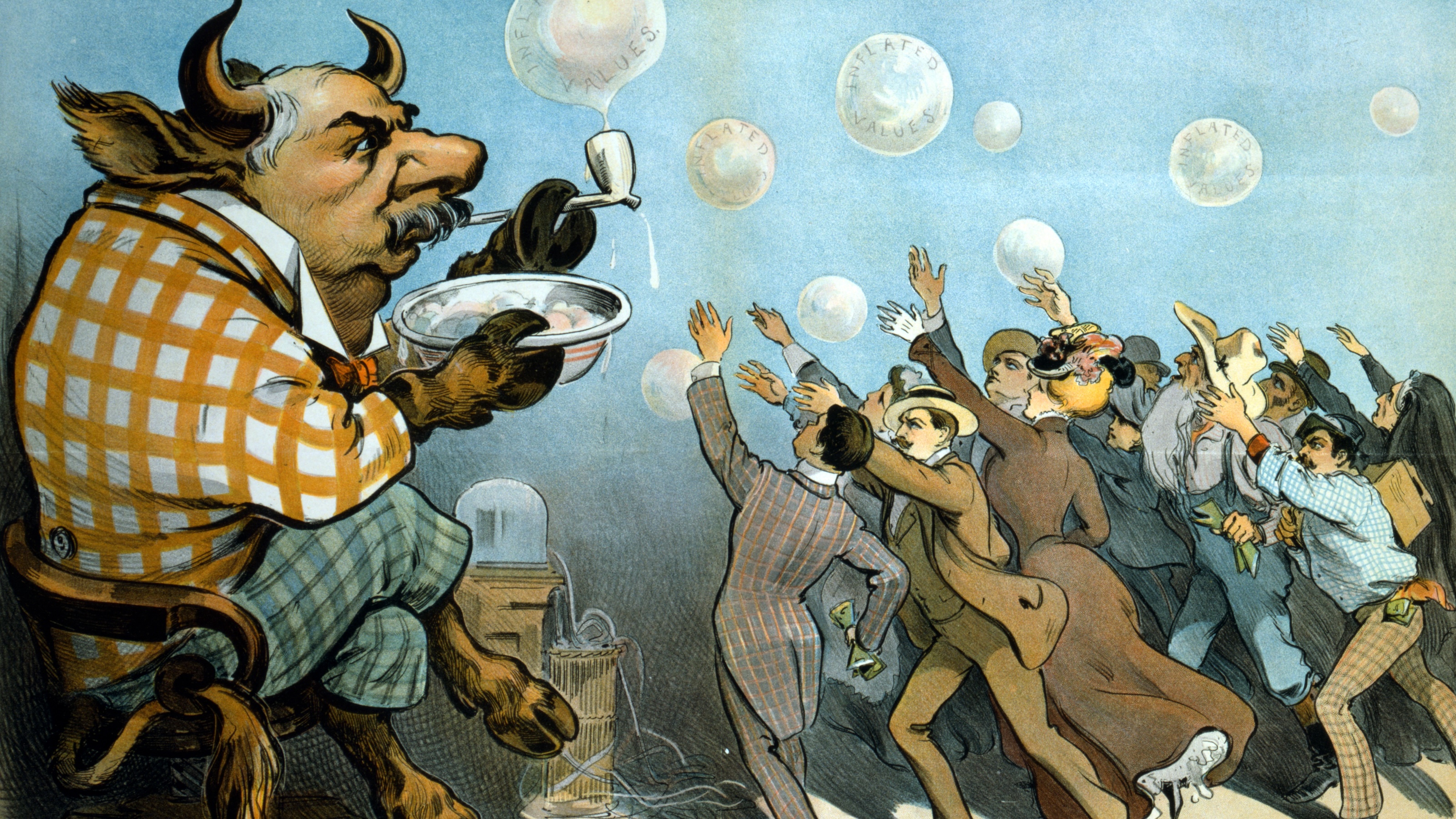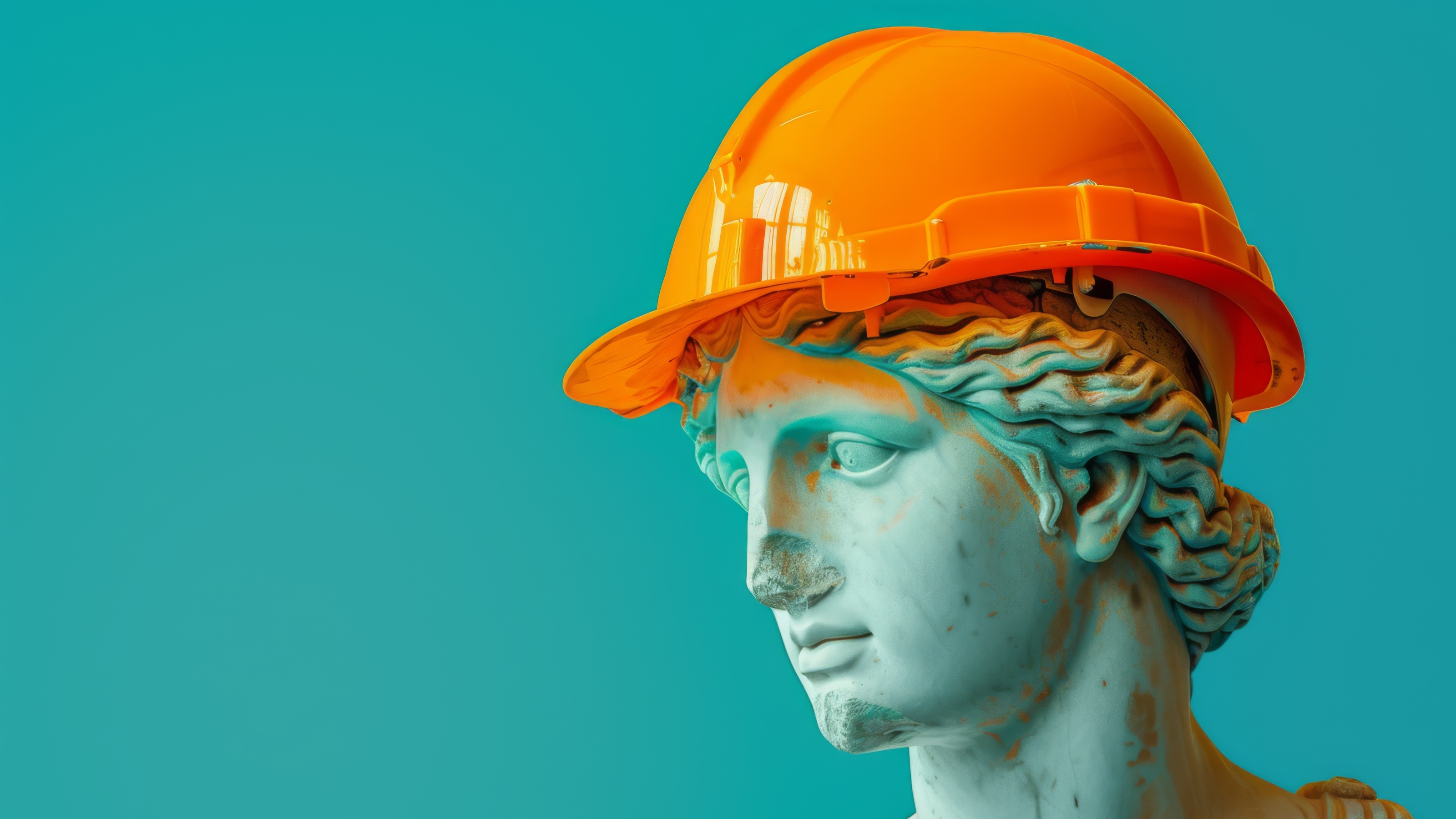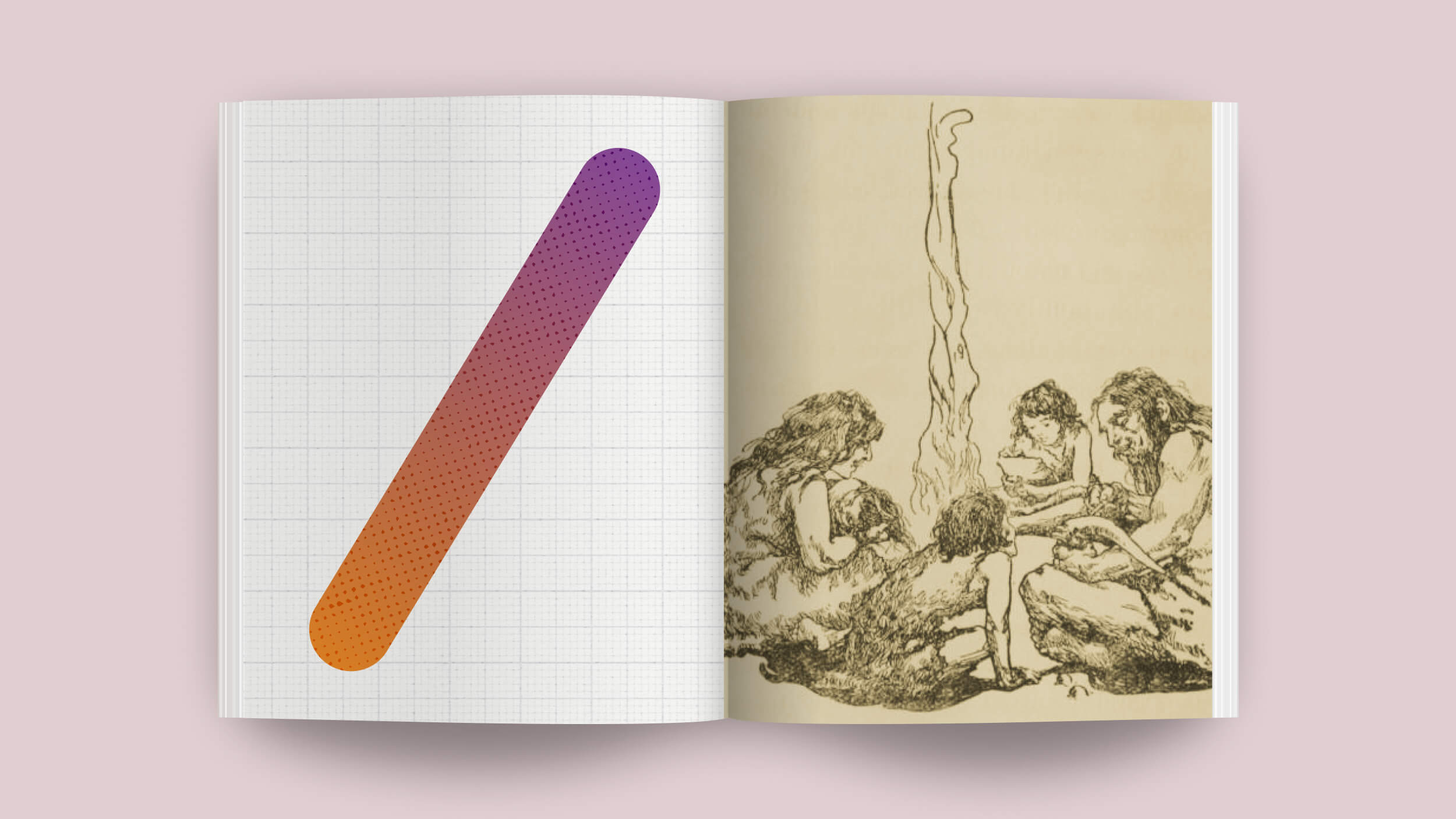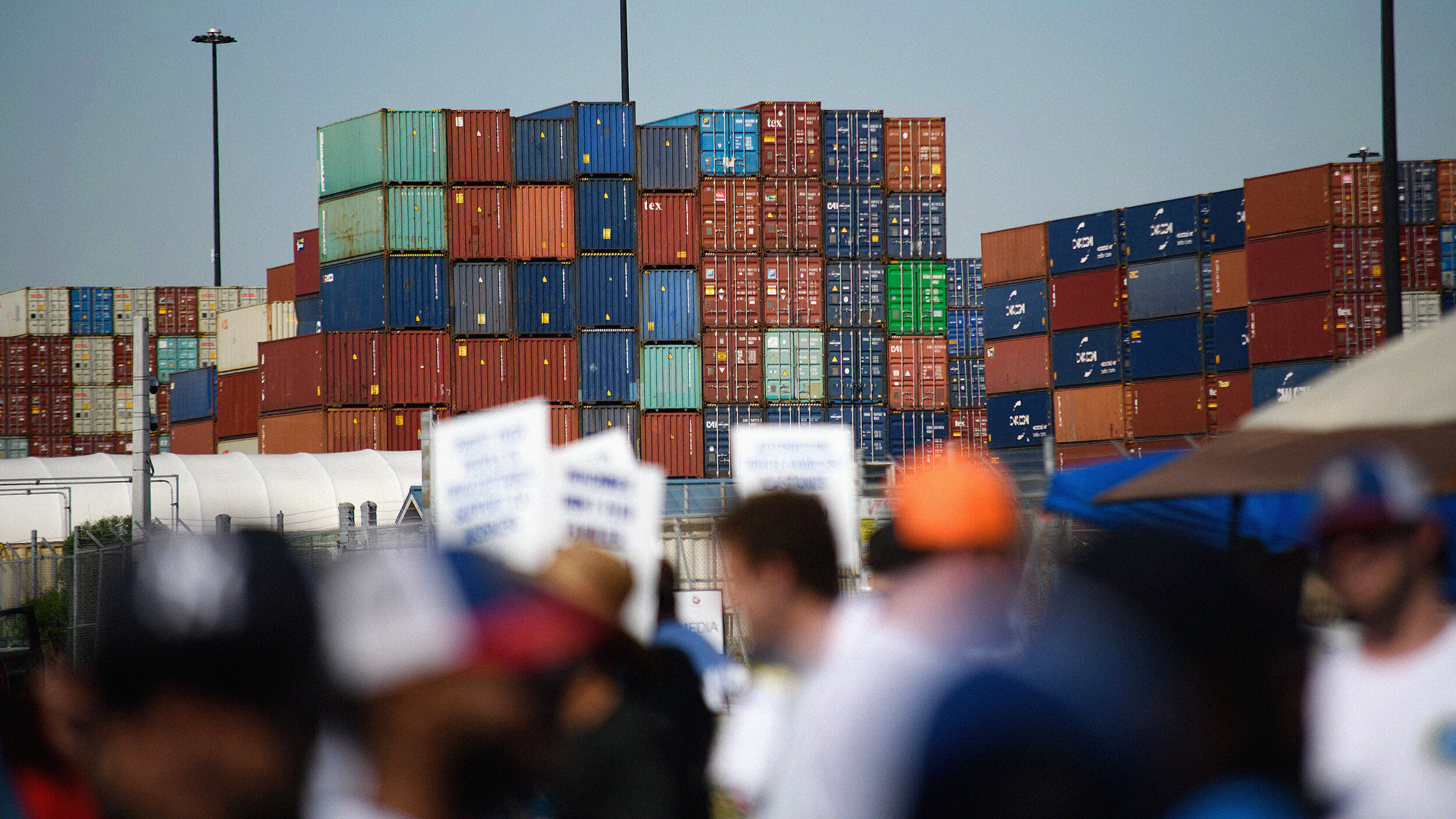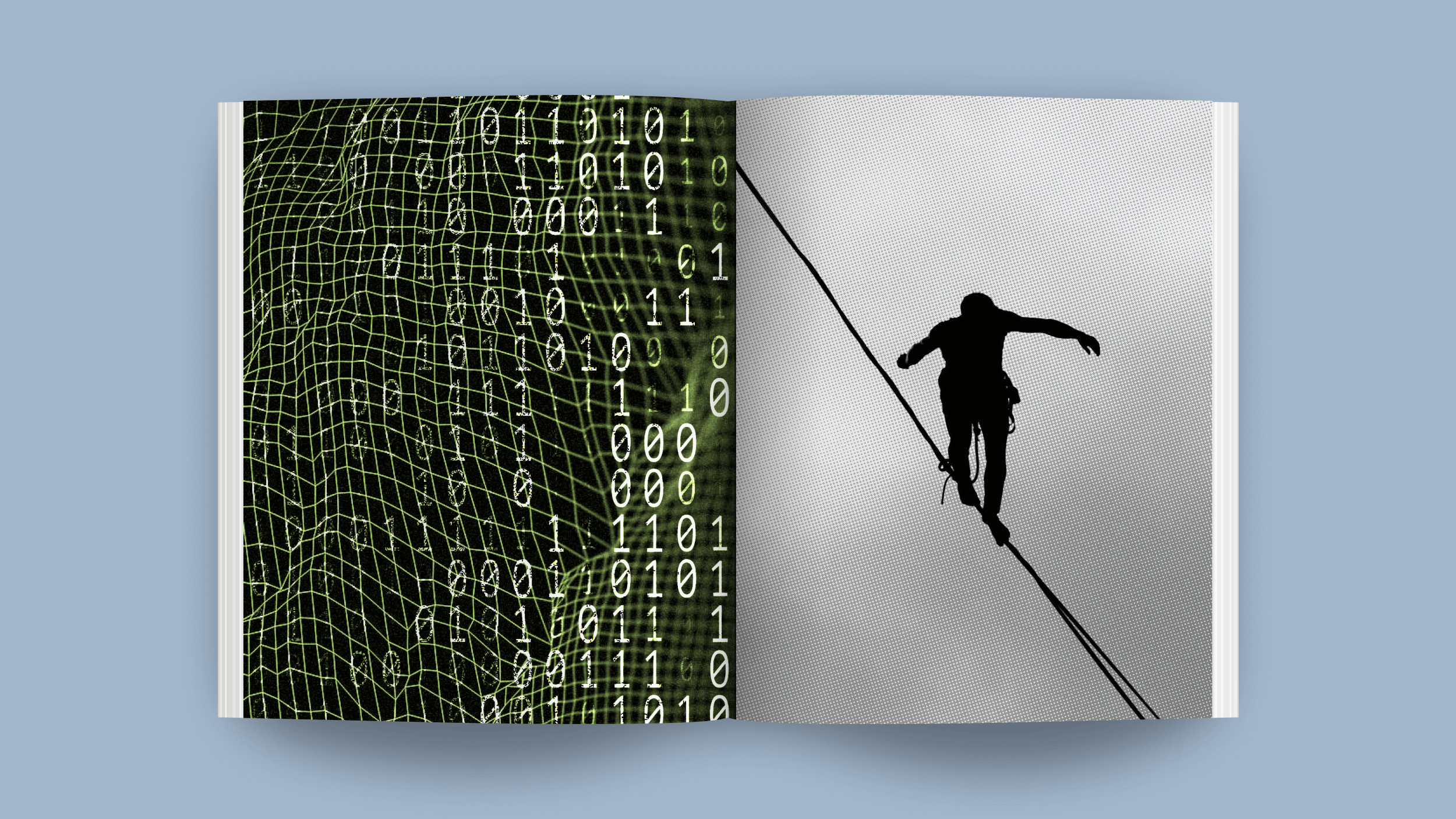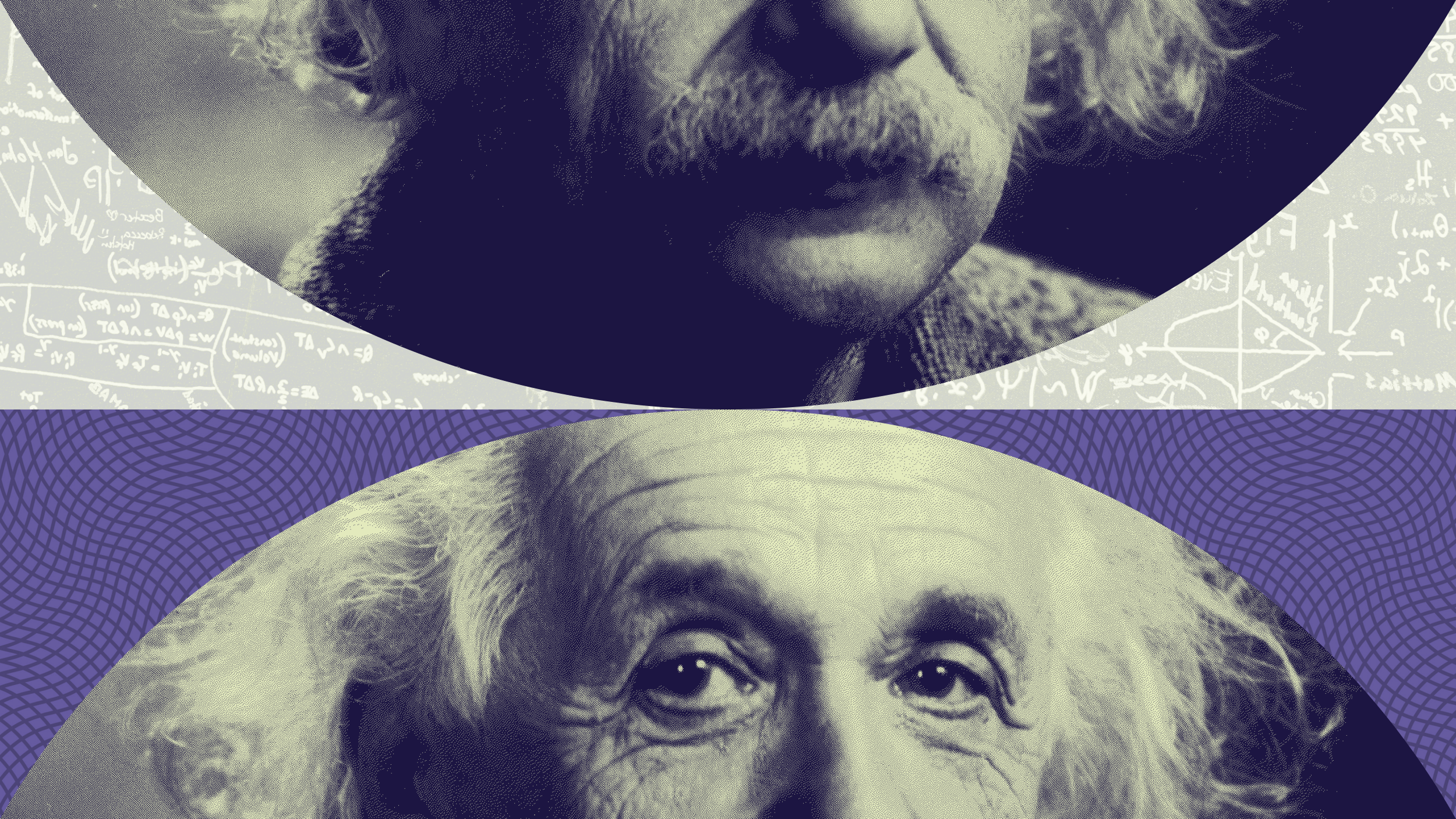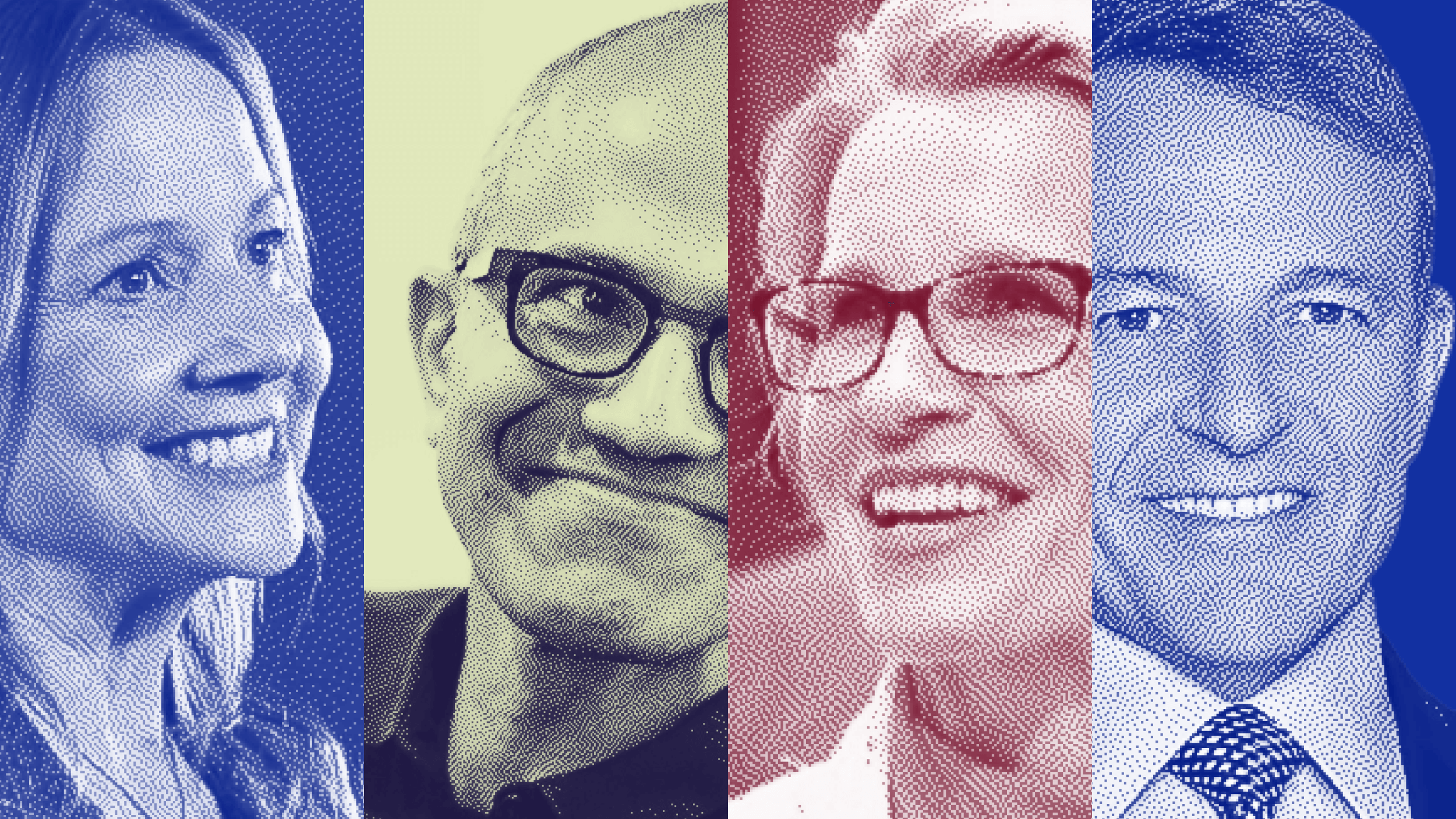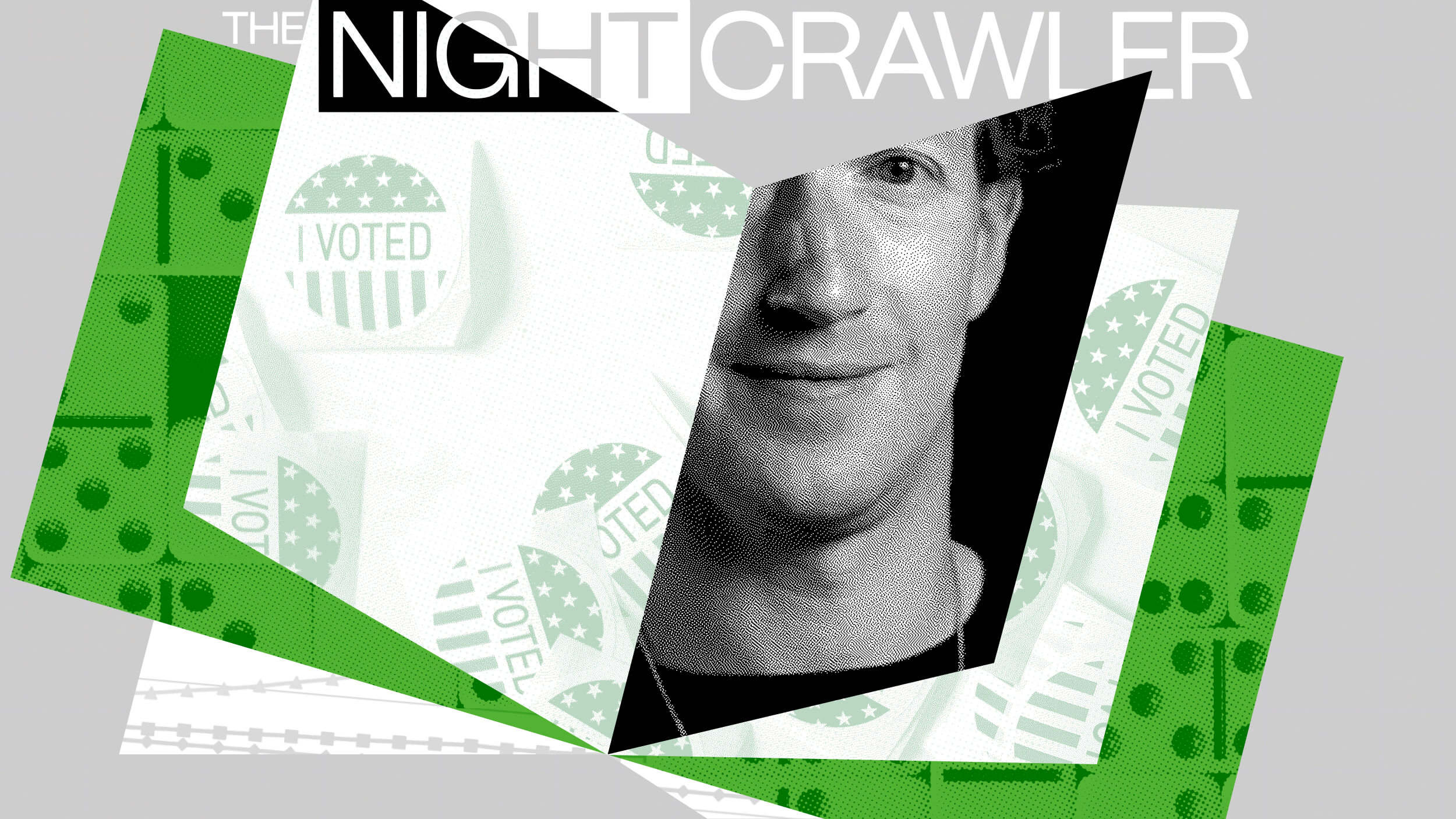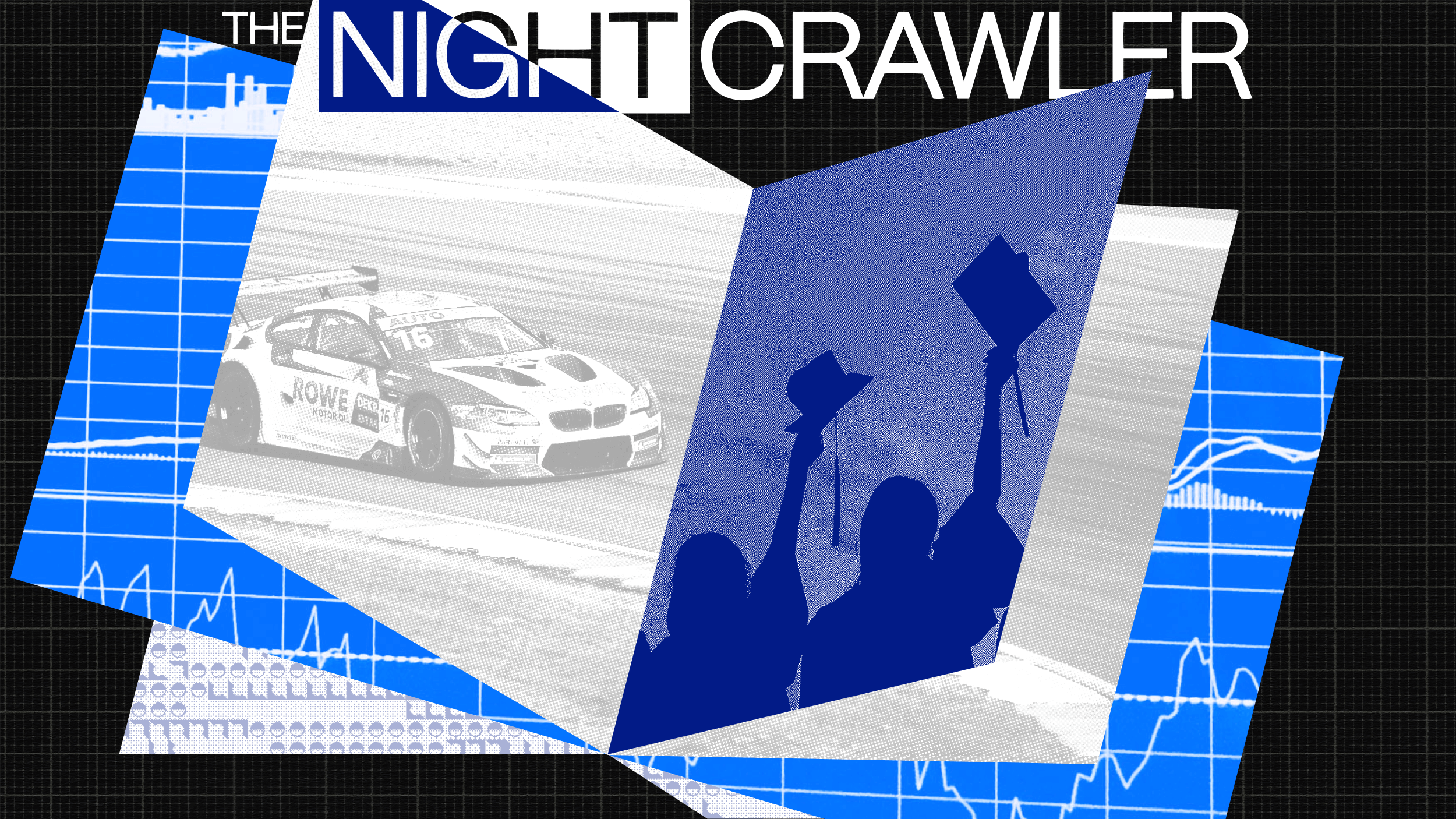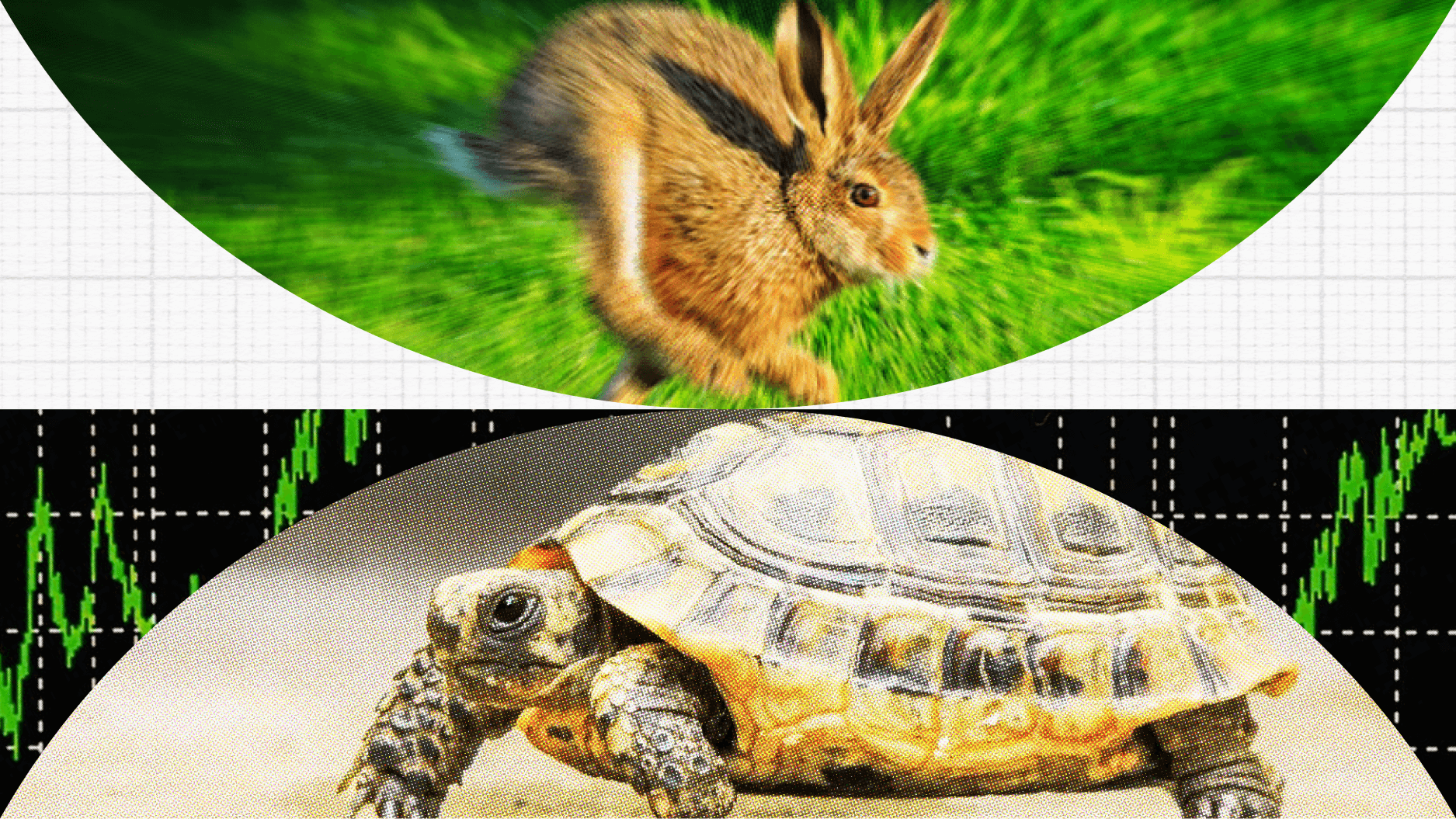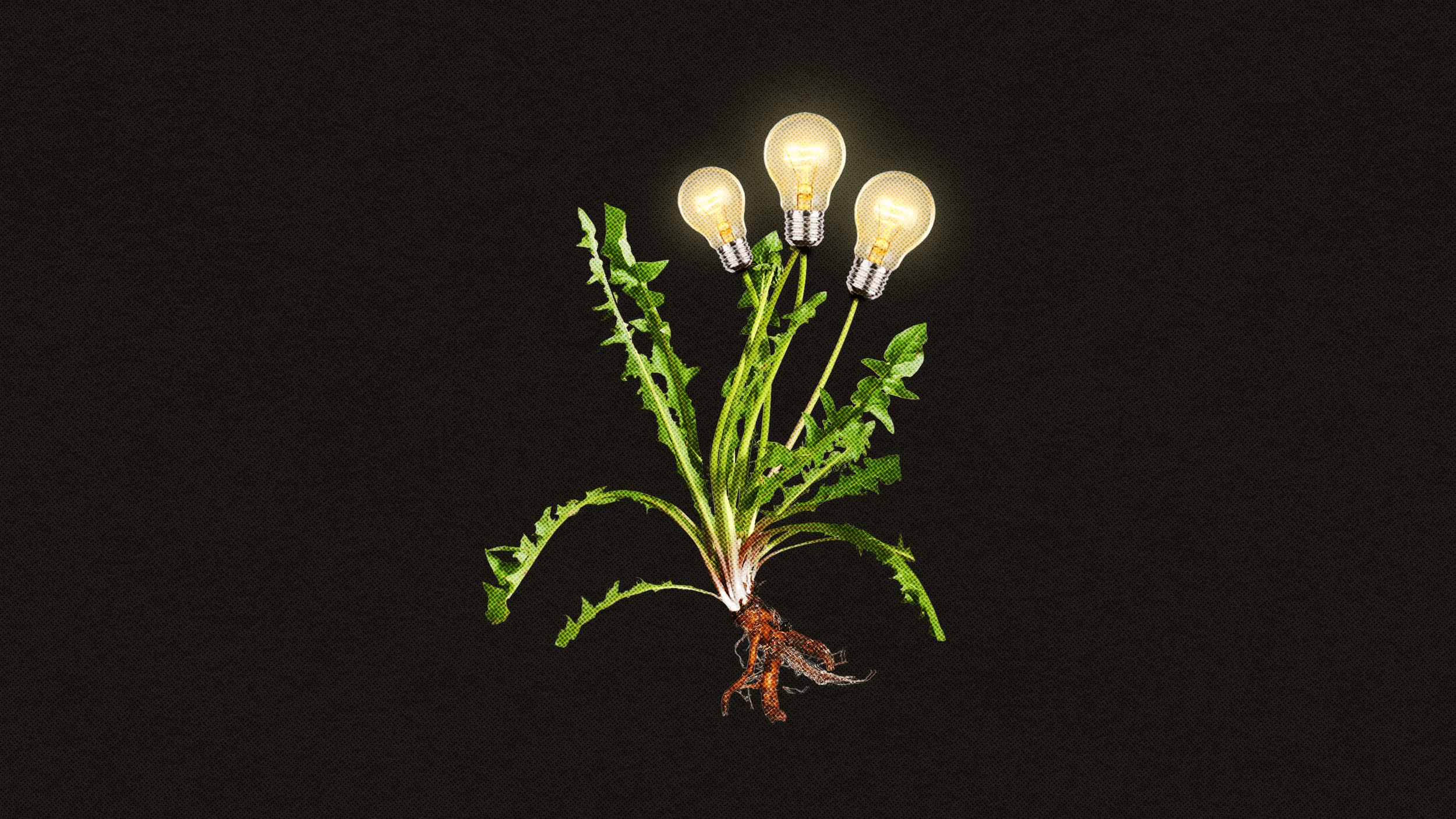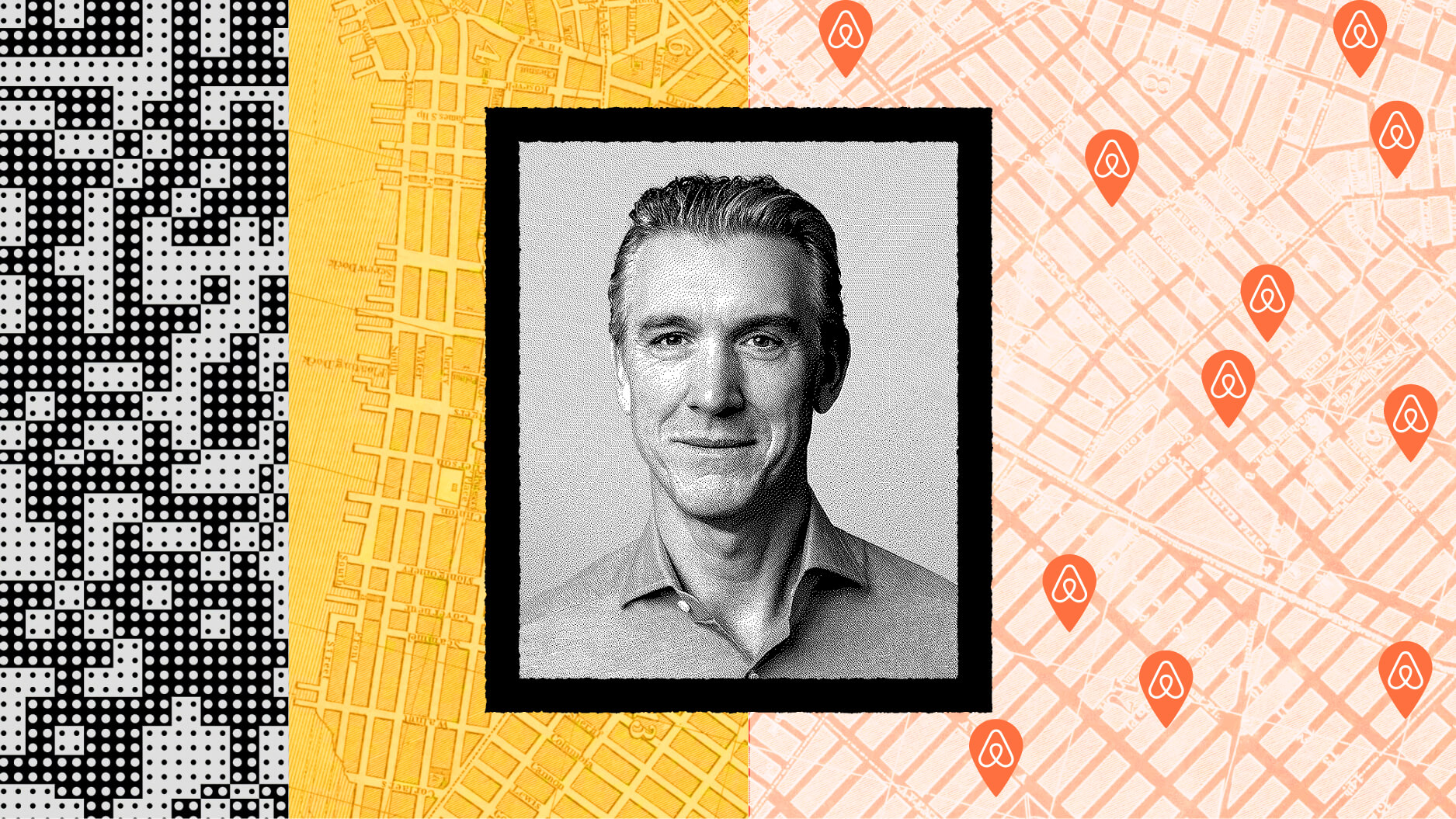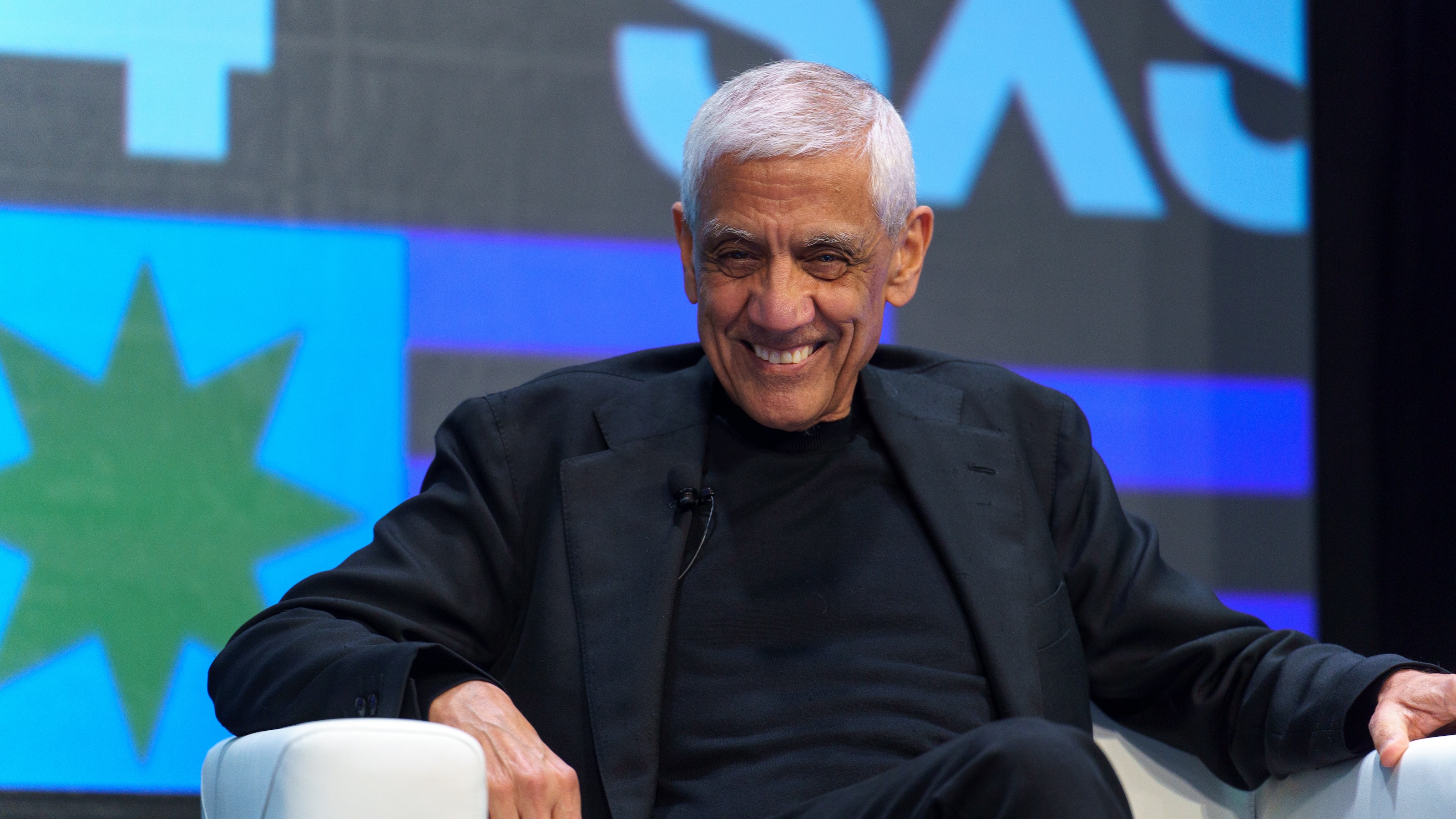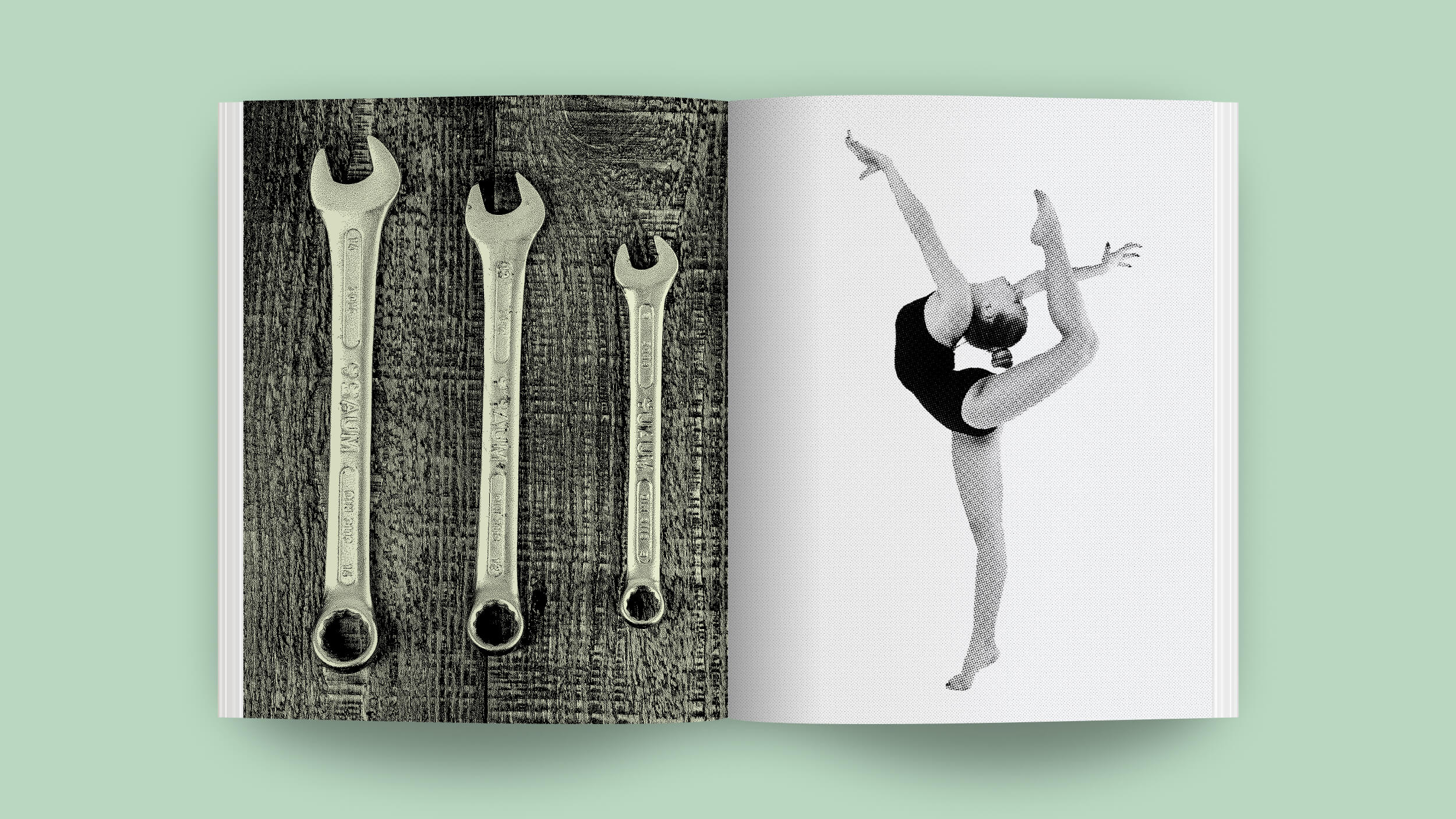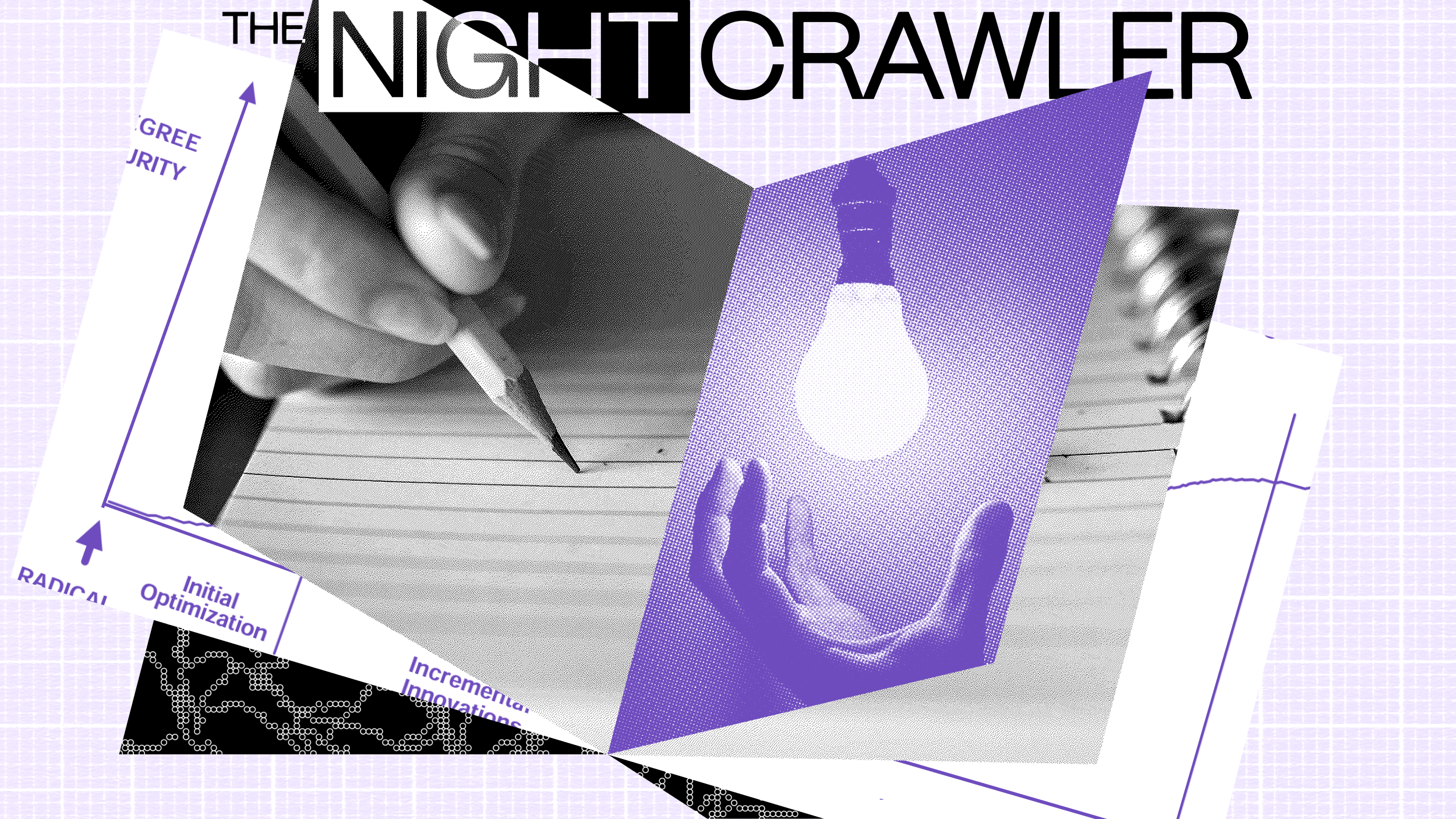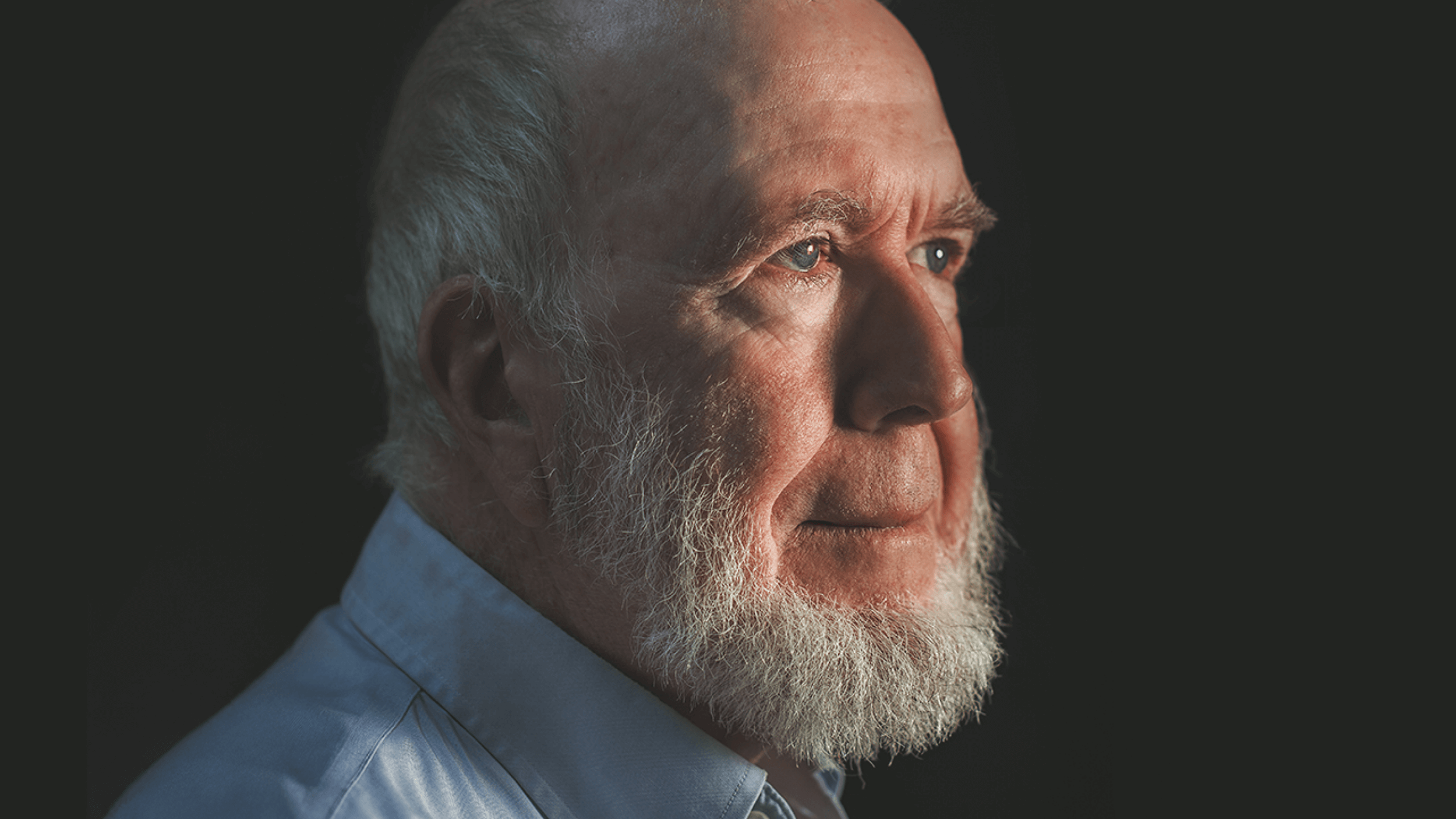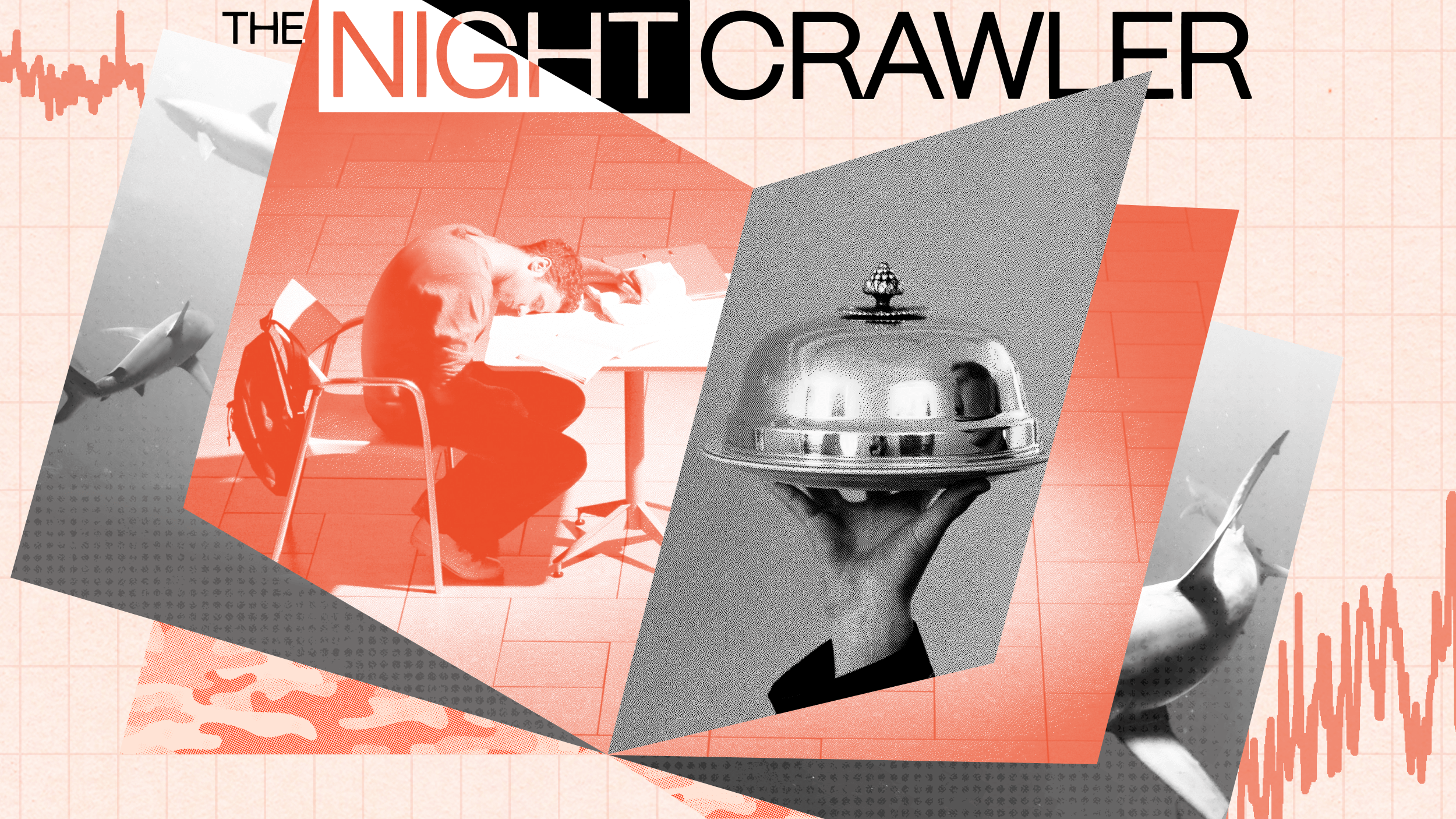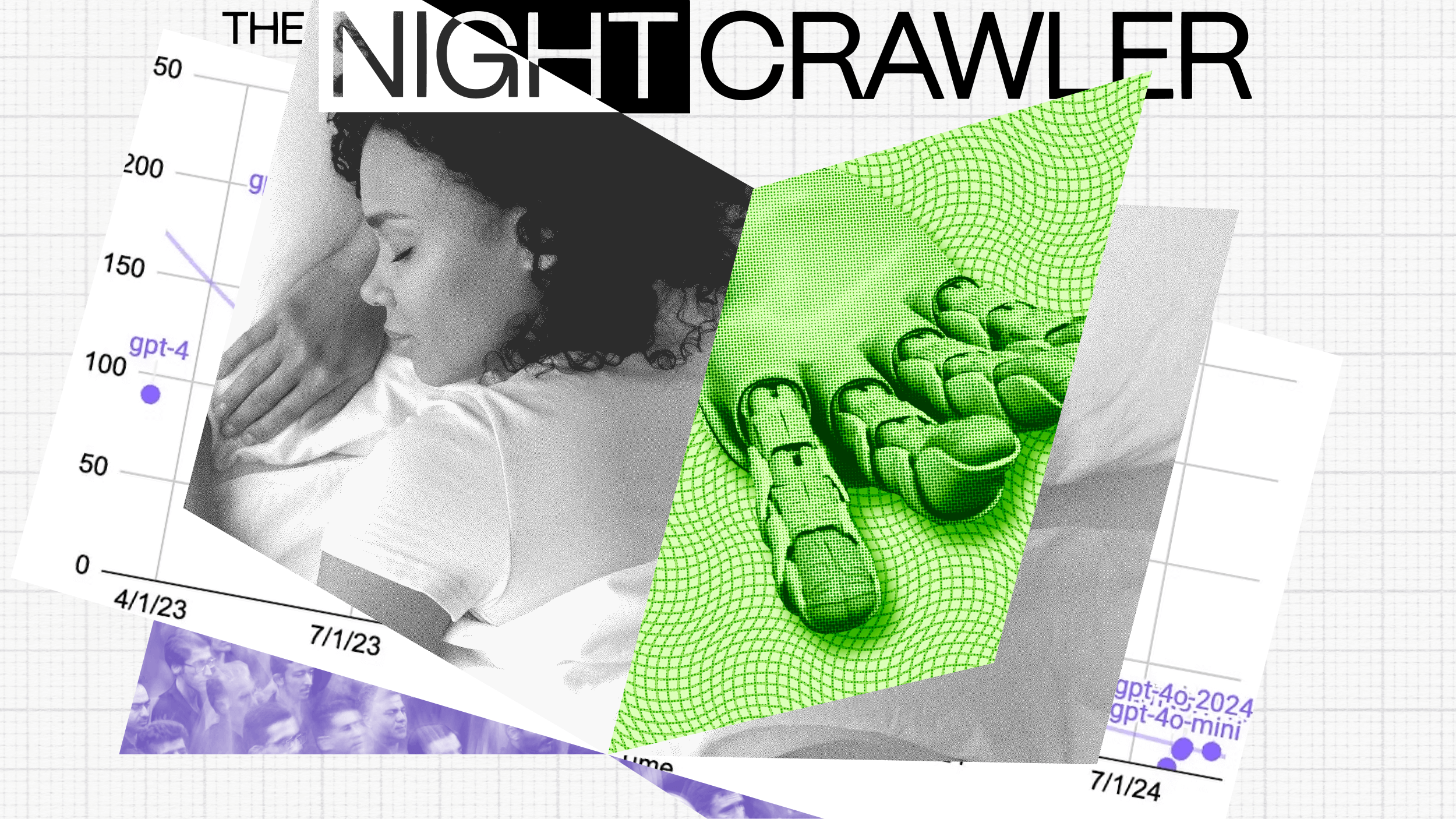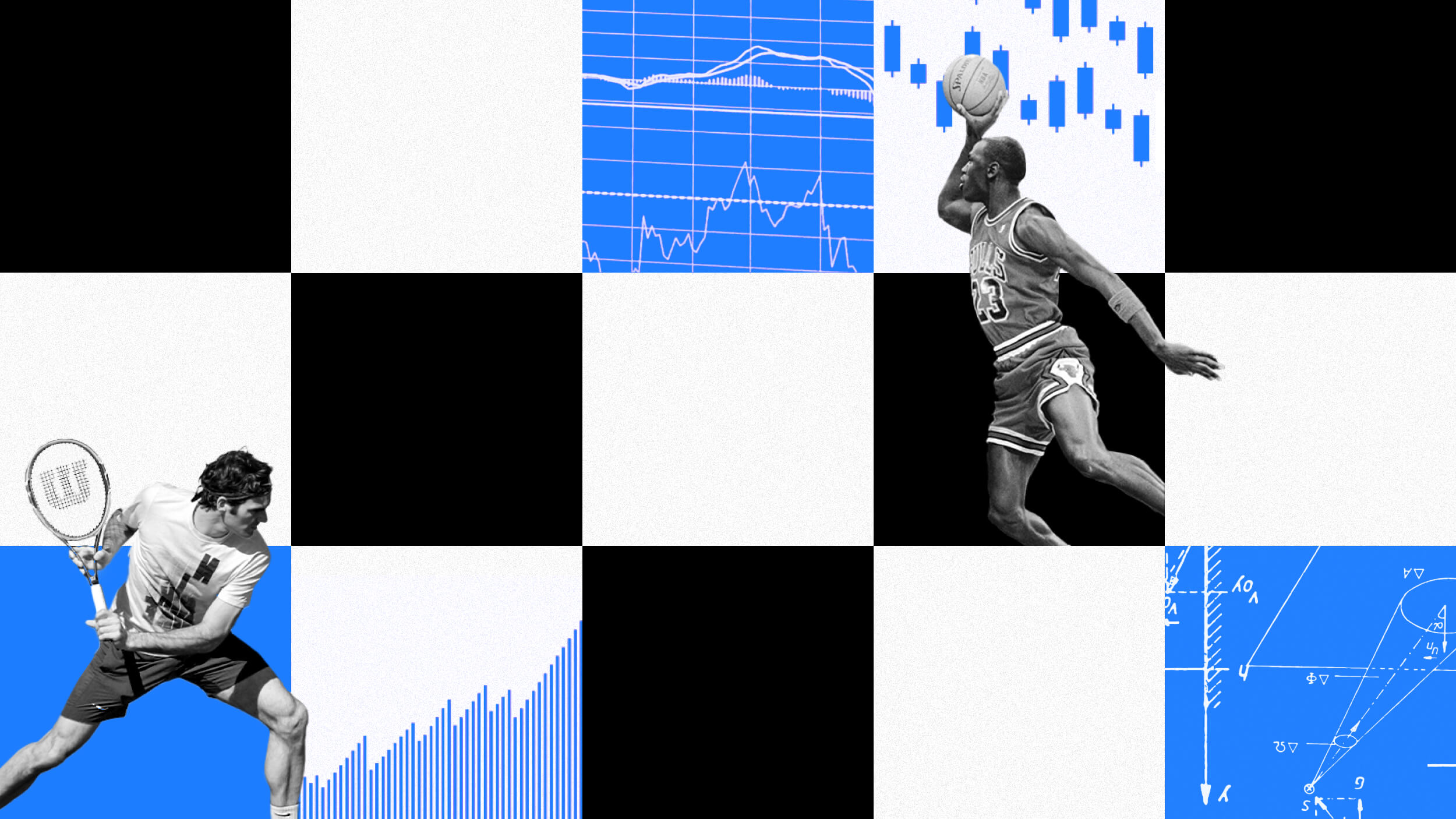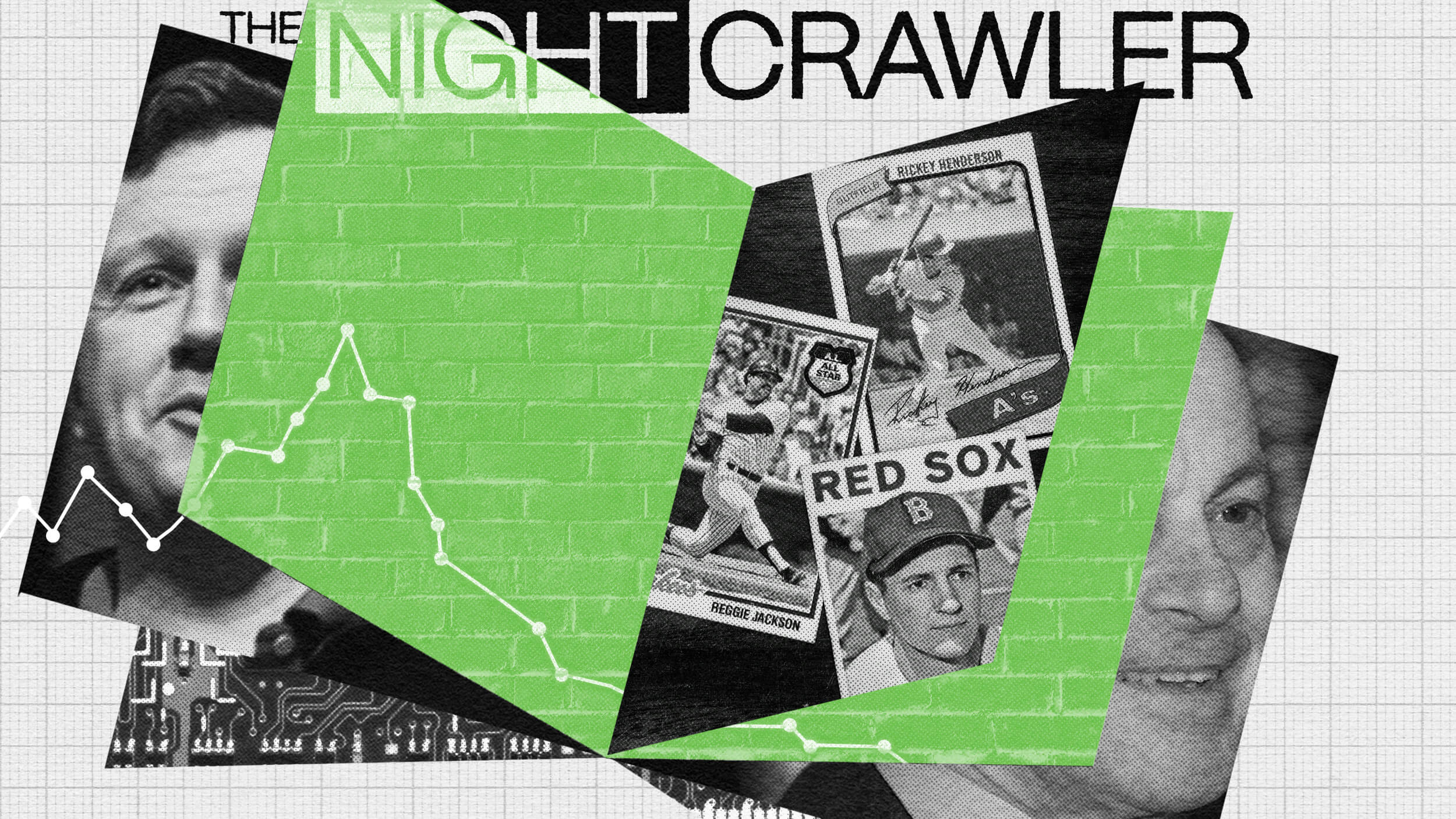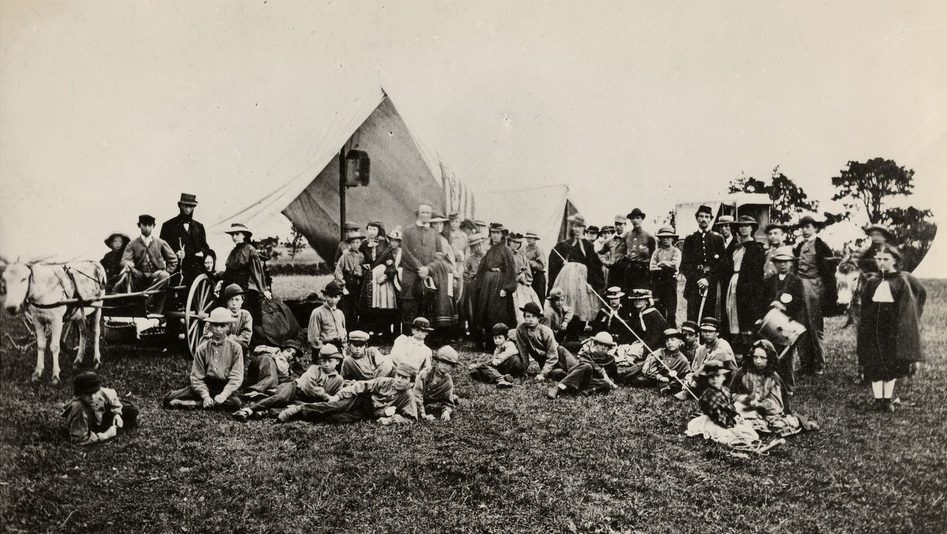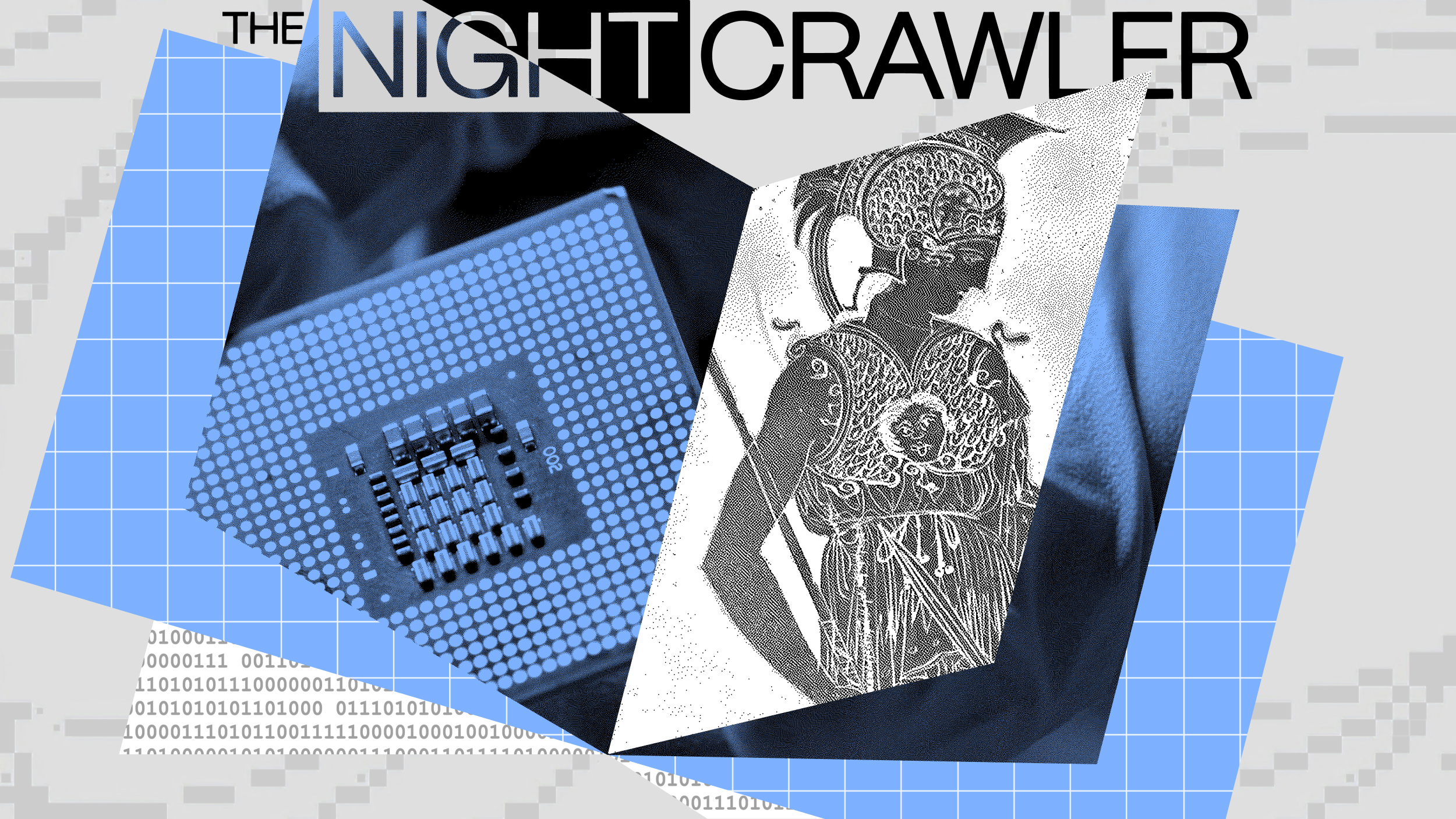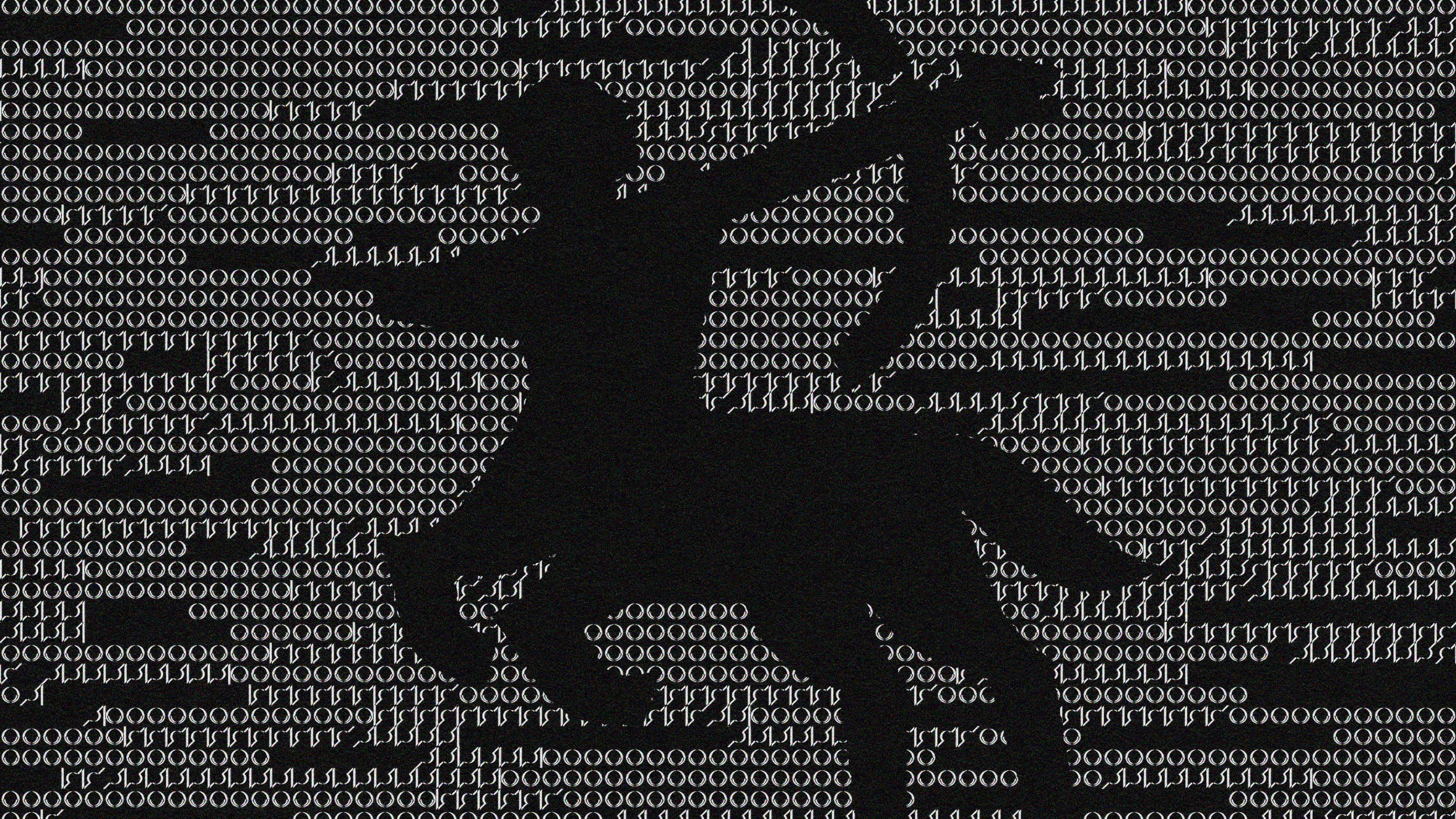Economics & Work
From tulips to Bitcoin, bubbles have been given a bad rap as destroyers of dreams — but they’re essential for our brightest future. Here’s why.
A National Center for Data and Evidence could supplement our archaic and expensive system and more accurately measure AI’s impact on jobs.
Welcome to The Nightcrawler — a weekly newsletter from Eric Markowitz covering tech, innovation, and long-term thinking.
Welcome to The Nightcrawler — a weekly newsletter from Eric Markowitz covering tech, innovation, and long-term thinking.
Magnificent time-tested buildings are filled with lessons in resilience and stability — and the benefits for investment strategy can be huge.
Welcome to The Nightcrawler — a weekly newsletter from Eric Markowitz covering tech, innovation, and long-term thinking.
Startup success can often hinge on a key lesson derived from behavioral science … and Jerry Seinfeld’s “Night Guy vs. Morning Guy” routine.
A prolonged strike could cost the economy between $500 million to $4.5 billion per day.
Welcome to The Nightcrawler — a weekly newsletter from Eric Markowitz covering tech, innovation, and long-term thinking.
Oxford professor of ethics, John Tasioulas, thinks we should consider the loss of opportunity for “striving and succeeding” that AI is likely to bring.
Take it from Bezos, Musk, and Einstein — rethinking lines of inquiry can transform business, investing, and innovation strategy.
The successful tactics of big-name leaders — including Bob Iger, Mary Barra, and Satya Nadella — reveal key approaches to innovation.
Welcome to The Nightcrawler — a weekly newsletter from Eric Markowitz covering tech, innovation, and long-term thinking.
Welcome to The Nightcrawler — a weekly newsletter from Eric Markowitz covering tech, innovation, and long-term thinking.
Businesses are realizing that rapid disruption without stability can lead to long-term failure. A new era of thoughtful, sustainable growth is emerging.
Studying why innovation clusters form can shed light on how to better promote research and growth.
Airbnb’s CBO, Dave Stephenson, joins Big Think for a chat about elite-team leadership, “founder mode,” the Taylor Swift effect, and more.
Welcome to The Nightcrawler — a weekly newsletter from Eric Markowitz covering tech, innovation, and long-term thinking.
College degree? Not so much. Employers want teams with a diverse skill set who can adapt to changing industry demands.
Welcome to The Nightcrawler — a weekly newsletter from Eric Markowitz covering tech, innovation, and long-term thinking.
The co-founder of Wired magazine shares his insights on how a long-term mindset can shape a brighter, more innovative future.
Welcome to The Nightcrawler — a weekly newsletter from Eric Markowitz covering tech, innovation, and long-term thinking.
Fun in business is no laughing matter — it can create a golden strategic advantage and bring serious success in the long term.
Welcome to The Nightcrawler — a weekly newsletter from Eric Markowitz covering tech, innovation, and long-term thinking.
How Daniel Kahneman and Amos Tversky cracked open behavioral economics and enlightened all our choices.
Welcome to The Nightcrawler — a weekly newsletter from Eric Markowitz covering tech, innovation, and long-term thinking.
The annual rite of passage has always been more about the ambivalence of adults than the amusement of children.
In a major shift, psychologists now view an out-of-control compulsion to work as an addiction with its own set of risk factors and consequences.
Welcome to The Nightcrawler — a weekly newsletter from Eric Markowitz covering tech, innovation, and long-term thinking.
Evidence shows that “centaurs” — human–AI teaming — produce better performance than either people or software can achieve alone.
